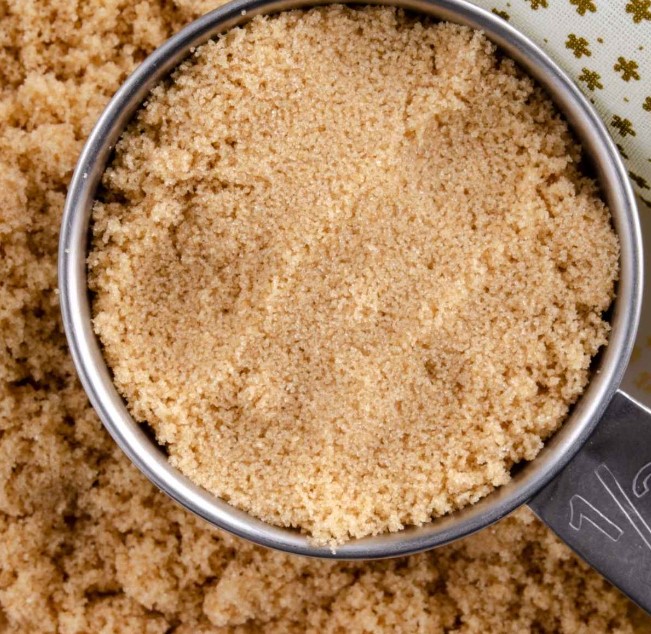The Making of Coconut Sugar: A Traditional and Sustainable Sweetener
Coconut sugar, also known as coconut palm sugar, is a natural sweetener that has been used for centuries in Southeast Asia. Made from the sap of coconut palm trees, it is considered a healthier and more sustainable alternative to refined sugar. In this article, we will explore the process of the making coconut sugar and the benefits of using this traditional sweetener.
Harvesting Coconut Sap
The first step in making coconut sugar is to harvest the sap from coconut palm trees. This is typically done by climbing the tree and cutting the flower stalk, which then drips sap into a container. The sap is collected twice a day, usually in the morning and evening, as it flows most abundantly during these times.



To prevent the sap from fermenting, it is important to collect it promptly and transfer it to a collection container. Fermentation can alter the flavor and texture of the sap, and reduce the yield of coconut sugar.
Boiling the Sap
Once the sap is collected, it is transferred to a large wok or pan and heated over a fire or stove. The sap is then boiled until the water content evaporates, leaving behind a thick syrup. This process can take several hours and requires constant stirring to prevent burning.
As the sap boils, impurities rise to the surface and are skimmed off. This helps to purify the syrup and improve its quality. Once the syrup reaches the desired consistency, it is removed from the heat and poured into molds or containers.
Drying and Packaging
After the syrup has been poured into molds or containers, it is left to cool and solidify. The resulting product is a block of coconut sugar, which can be further processed into granules or powder.
To convert the block of coconut sugar into granules, it is crushed or grated into small pieces. The granules are then dried in the sun or in a dehydrator until they are completely dry. Once dry, the granules can be packaged and sold.
Benefits of Using Coconut Sugar
Coconut sugar is a healthier and more sustainable alternative to refined sugar. It has a lower glycemic index, which means it does not cause a rapid spike in blood sugar levels. This makes it a better choice for people with diabetes or those trying to manage their blood sugar levels.
Coconut sugar also contains vitamins and minerals, such as iron, zinc, and potassium, which are important for overall health. In addition, it is a more sustainable choice than other sweeteners, as coconut palms require less water and pesticides than other crops, and can produce sap for up to 20 years.
Conclusion
Coconut sugar is a traditional and sustainable sweetener that has been used for centuries in Southeast Asia. The process of making coconut sugar involves harvesting the sap from coconut palm trees, boiling it to evaporate the water content, and drying and packaging the resulting product. Coconut sugar is a healthier and more sustainable alternative to refined sugar, and contains vitamins and minerals that are beneficial for overall health. By choosing coconut sugar, we can support sustainable agriculture practices and improve our health at the same time.
Make sure to purchase the coconut sugar from The Best Indonesia's Coconut Sugar Provider, to get the highest product quality.
